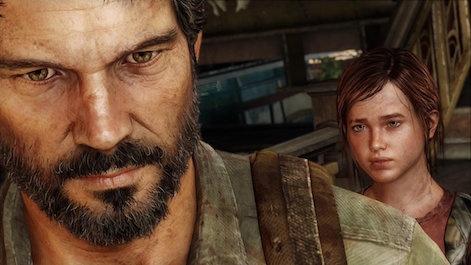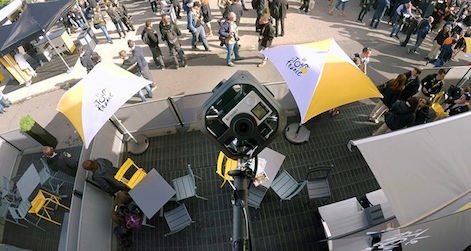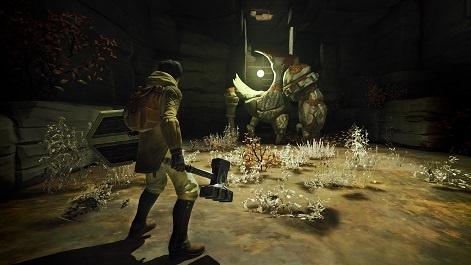We ask our industry panel - the brightest and sharpest VR professionals from around the world - one question about the VR industry, business, technology or trending stories every week.
Question: This year’s catchphrase seems to be ‘narrative in VR’, replacing ‘empathy’ and ‘immersion’ that came before it. Is this a sign of the medium maturing or do we run the risk of re-treading well-worn paths from flatscreen gaming? How do you think VR will distinguish itself from the tired tropes and cookie cutter archetypes of conventional campaigns?
David Gattig, CEO & Co-Founder at Avrlon VR Studio
“Why do we narrate? Stories help us to communicate information that’s easy for the teller to remember and which imprints deeply on the listener. We share stories to spread our ways of thinking; to communicate life lessons; to create common understanding and build social groups.
“Stories used to be shared around the campfire and as we evolved, so did the methods of sharing stories - from oral retellings, to books, radio, cinema, TV, the internet and today... Virtual Reality.
“In traditional storytelling, the audience is simply a bystander. Even gaming's storytelling ‘poster boy’, The Last of Us, relies upon cutscenes to further the narrative story arc. My vision for VR is to grant freedom to the audience. Freedom to completely interact, learn and experience. Freedom to actively experience stories and spread information, messages and understandings in the most direct way possible – other than telepathy.”

It’s essential narrative is crafted by storytellers, not advertising execs or someone with a set of GoPros on a stick.Dean Johnson
Dean Johnson, Head of Innovation at Brandwidth
“'Storytelling' and ‘Narrative’ invariably float to the surface when everyone believes their skillset isn’t perceived as being creative enough. Yes, I know that sounds rather negative, but I’m afraid it’s true in most walks of life.
“VR's selling point is not that it magically delivers the best way to tell a story – it offers a new structure and one that suits certain scenarios. I’ve stressed many times before that VR would not have improved most Oscar-winning performances, but bespoke scripts, camerawork, lighting and sound will all contribute to the future success of this medium. Don’t (ever) assume your audience automatically wants interactivity. Games are not interactive movies; TV is not an enhanced book - they all co-exist.
“Immersion and empathy are VR's USPs and it’s essential this becomes part of an existing ecosystem where narrative is crafted by genuine storytellers, not advertising execs or someone with a set of GoPros on a stick.”

Flatscreen terms fall short of describing what the VR experience actually is.Alyssia Frankland
Alyssia Frankland, VR Director at Breaking Fourth
“By using flatscreen terms to describe VR, such as those from film or videogames, the description falls short of what the VR experience actually is. We’re seeing a re-hashing of the same terms as the VR industry tries to break away from these existing flatscreen descriptions.
“As VR becomes more mainstream, new terminology around the experiences will be developed and become commonplace, similar to how ‘Tweeting’ or ‘Skyping’ are now so well know. Film awards, festivals and gaming conferences also need to be heading up this change. By forcing productions into existing awards categories, the event organisers aren’t helping establish VR as the unique medium it is.”
Jonathan Wagstaff, Country Manager - UK & IE at CONTEXT
"Part of the problem at the moment, particularly for FPS or room-scale applications, is that immersion can quickly be damaged/broken by the user’s inability to walk around. Being seated and static makes a lot of sense for driving or flying games, but physically standing whilst not being able to walk too far or relying heavily on teleportation can quickly shatter the illusion of another world if the goal is to get close to reality.
“At the moment, hybrid narrative/interactive experiences work very well - I'm looking at you, Chronos - and are an excellent compromise."














